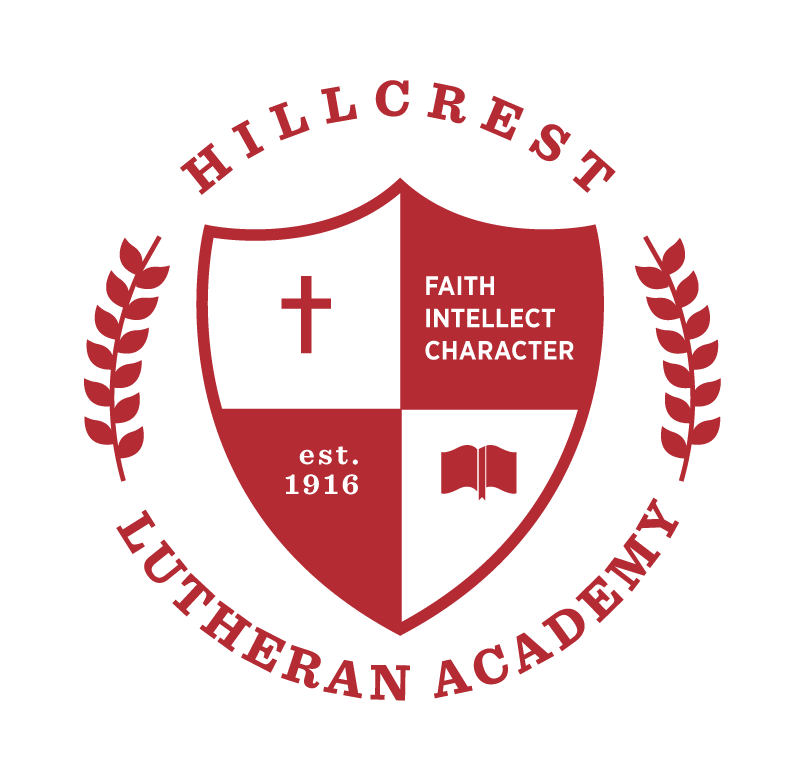Chess and Classical Education: Nurturing Minds, Building Character
This weekend students gathered for the annual chess tournament. It is an active part of the Hillcrest experience for many students, especially those taking advantage of Hillcrest’s club offerings, which are designed to aid the character and faith formation of students at Hillcrest Academy.
The final match squared 8th grader Miles Nash against Junior Will Heggeland. While these two stood in a championship battle, those who lost earlier in the day stood as champions because of the specific benefits that come from playing chess competitively and participating in this and many of the other easily accessible clubs offered at Hillcrest Academy.
In an era where education is evolving rapidly, the timeless principles of classical education continue to prove their value. One such activity that seamlessly aligns with the classical education model is the game of chess. Chess isn't just a game; it's a character formation event that intertwines with classical education principles, providing students with a holistic and enriching experience.
Chess and Classical Education: A Perfect Match
Classical education is founded on the belief that education is not just about acquiring information but about forming character. Chess, a game that dates back centuries, complements this philosophy by fostering critical thinking, strategic planning, and discipline. As students engage in the complexities of chess, they unwittingly immerse themselves in the very structures that classical education aims to instill.
Benefiting the Mind: Cognitive Development through Chess
Studies have shown that chess significantly enhances cognitive abilities, including memory, problem-solving skills, and pattern recognition. A study published in the Journal of Educational Research found that students who regularly played chess showed improvement in their academic performance, especially in mathematics and reading.
Another study conducted by the University of Memphis revealed that chess players exhibit higher levels of creativity and critical thinking compared to their non-chess-playing counterparts. These findings align with the classical education model, emphasizing the development of the mind through the study of logic, rhetoric, and arithmetic.
Character Formation: The Heart of Chess
The classical education model places a strong emphasis on virtue and character formation. Chess, with its emphasis on fair play, patience, and resilience, serves as a microcosm of classical virtues. As students navigate the ups and downs of a chess game, they develop perseverance and learn to handle success and failure with grace.
Linking Chess to Spiritual and Faith Formation
Beyond the intellectual and character-building aspects, chess also contributes to spiritual and faith formation. The game's strategic nature encourages students to think ahead, make thoughtful decisions, and face the consequences of their actions – skills that are inherently tied to the development of moral and ethical character.
Research published in the "Journal of Psychology of Religion and Spirituality" suggests that activities like chess can foster a sense of purpose and identity, contributing to a student's overall well-being. In an era marked by confusion and anxiety, the spiritual benefits derived from chess can provide a stable foundation for students seeking to build resilience and form a strong identity rooted in faith.
Hillcrest Academy: Nurturing Holistic Development
Hillcrest Academy recognizes the profound impact chess can have on a student's growth. Through its club offerings, including the chess club, Hillcrest provides a platform for students to engage in activities that align with the classical education model. The chess club at Hillcrest becomes a space where intellectual, character, and spiritual development converge, creating a well-rounded educational experience.
Chess serves as a bridge between classical education and the modern era, offering students a unique opportunity for growth and development. As we witness the transformative power of chess in shaping minds, characters, and faith, it becomes clear that activities like those offered at Hillcrest contribute immensely to the formation of students who are not only academically proficient but also resilient, virtuous, and spiritually grounded.

